SOLD OUT Impacts of Gender Discourse on Polish Politics, Society & Culture Comparative Perspectives
11 June 2018–12 June 2018, 9:00 am–6:00 pm
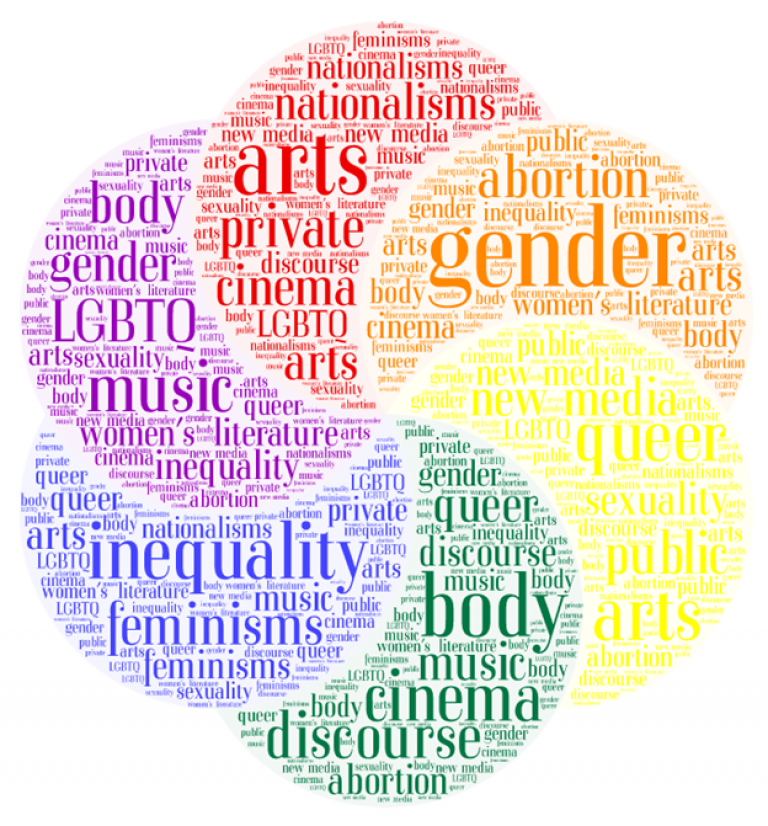
In recent years Poland has witnessed a heated debate on gender as a ‘dangerous’ concept that threatens the integrity of family and social life.
Event Information
Open to
- All
Availability
- Sold out
Organiser
-
UCL SSEES
Location
-
SSEES
The media makes frequent use of concepts such as genderism or gender ideology, usually accompanied by anti-feminist rhetoric, while the government recently attempted to tighten the already restrictive abortion law, prompting countrywide “black protests”. Debates about gender inequality and the very concept of gender itself as well as about reproductive rights and homosexuality have also been affected by the rise of nationalism in Poland, elsewhere in Eastern Europe and in other parts of the world. The aim of the conference Impacts of Gender Discourse on Polish Politics, Society and Culture: Comparative Perspectives is to exchange knowledge and ideas about how contemporary gender politics, debates on sexuality and equality mechanisms affect politics, culture and social life in Poland, and how they are shaped by wider discourse about gender and sexuality. The conference focuses on Poland but considers it in a comparative context. The main aim is to analyse the gender debate in the broad field of culture, art, literature, film, drama, social media and music.
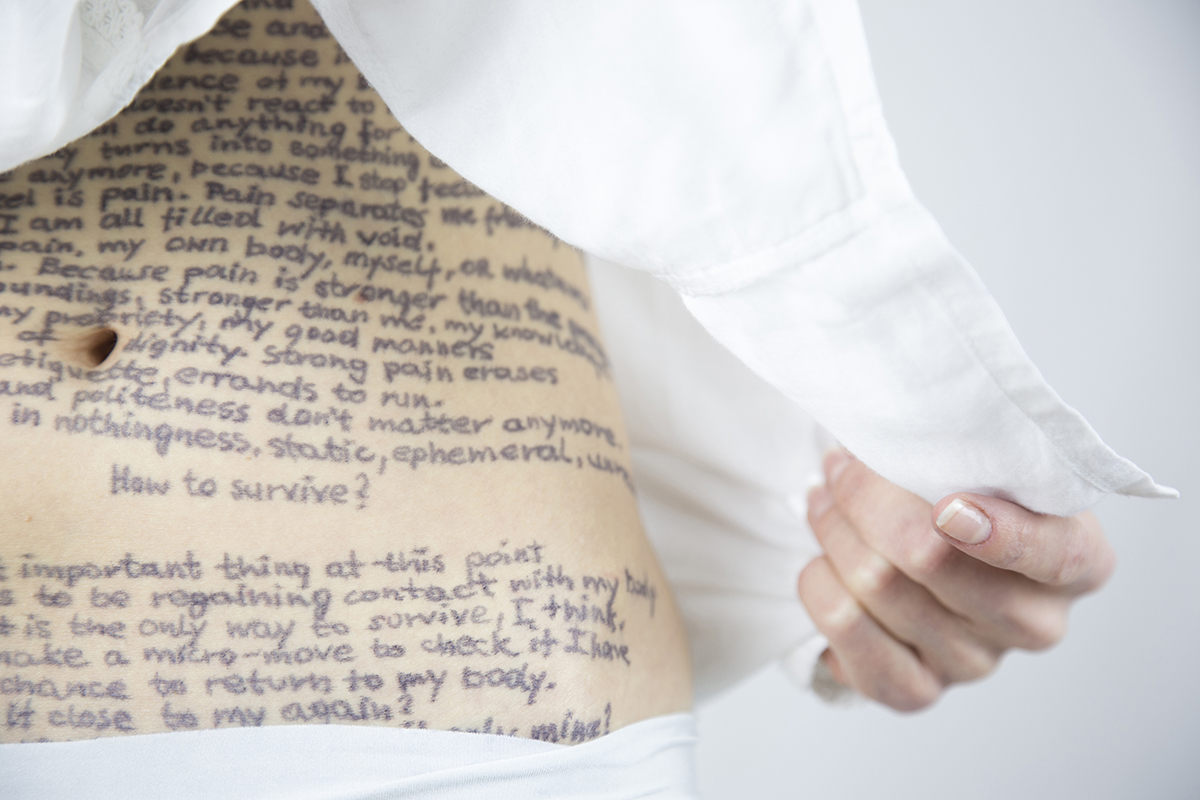 | 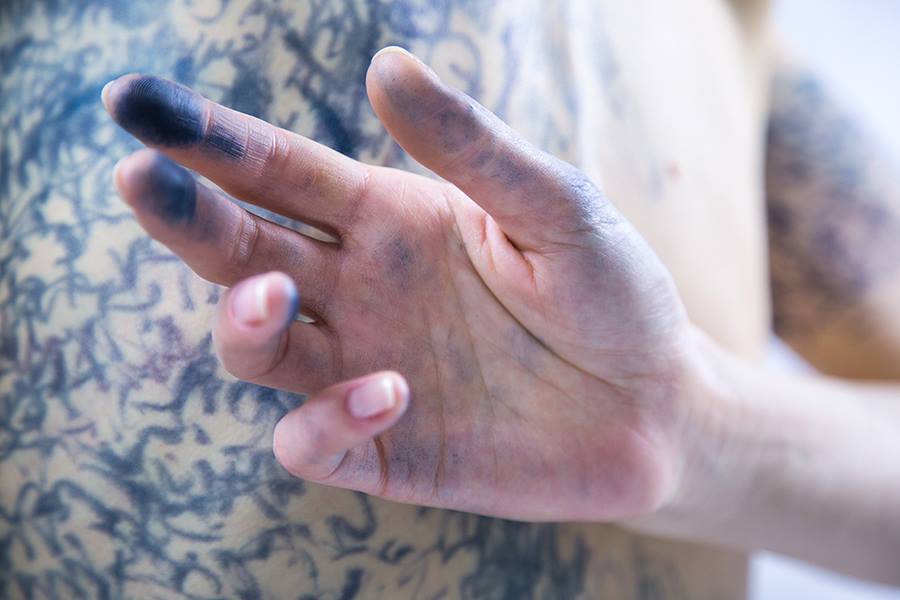 | 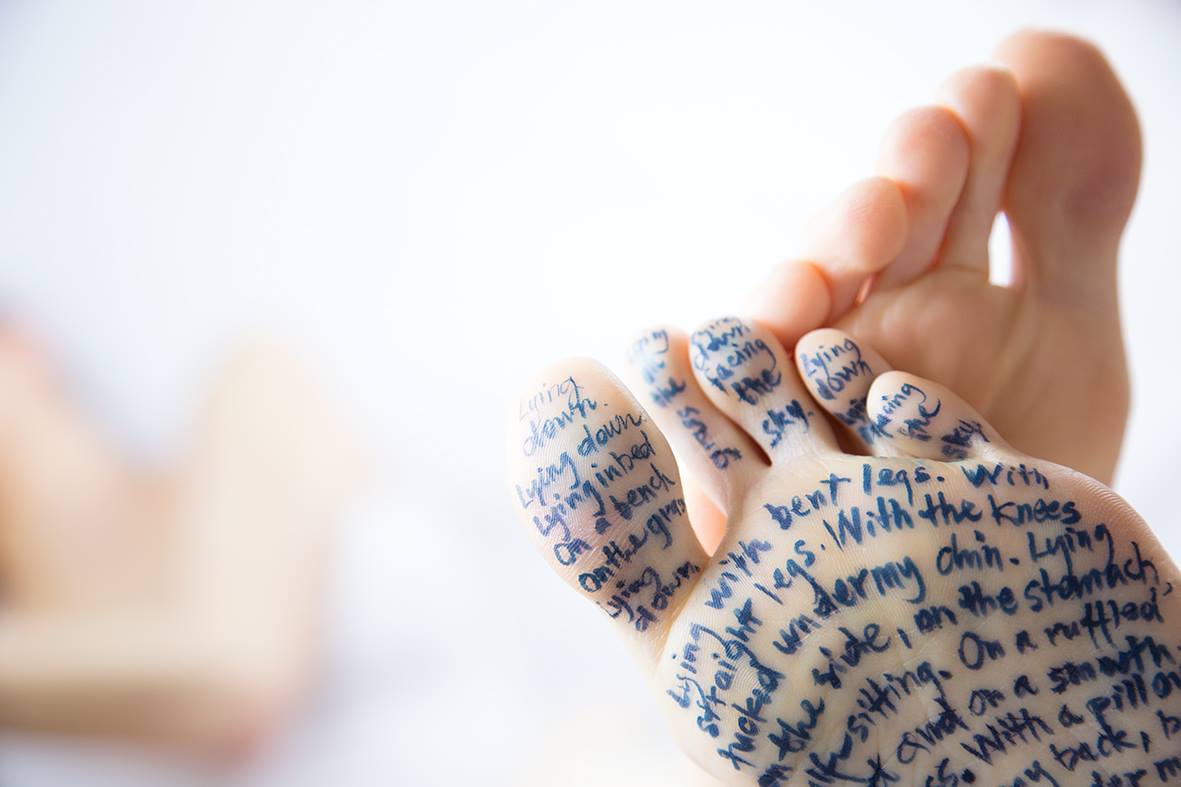 |
|---|
Programme:
Monday, 11 June, 2018 | |||||||||
9.00-9.30 | Registration (Masaryk Common Room, 4th floor) | ||||||||
9.30-10.15
| Conference opening (Room 347, 3rd floor) Welcome from the organisers Urszula Chowaniec, Ewa Mazierska, Richard Mole Welcome form Diane P. Koenker, director of SSEES UCL | ||||||||
| Room 347 | Room 431 | Room 433 | ||||||
10.30-12.00 Session I | Panel 1: Waves of LGBT+ emancipations in Poland (chair Richard Mole)
| Panel 2: Gender Discourse on Motherhood and Art (chair: Małgorzata Radkiewicz)
| Panel 3: Gender and Re-visiting of Identity Politics (chair: Anne White)
| ||||||
12.00-13.30 | Lunch (Masaryk Common Room, 4th floor) | ||||||||
| Room 347 | Room 431 | Room 432 | Room 433 | |||||
13.30-15.00 Session II | Panel 4: The Performances of Sexuality (chair Ula Chowaniec)
| Panel 5: Parental Discourse. In Search for Alternatives (chair: Ewa Mazierska)
| Panel 6: History meets Gender (chair: Thomas Lorman)
| Panel 7 Between Patriotic Games and Sex work debates (chair: Katarzyna Garapich)
| |||||
15.00-15.30 | Coffee break (Masaryk Common Room, 4th floor) | ||||||||
| Room 347 | Room 431 | Room 432 | Room 433 | |||||
15.30-17.00 Session III | Panel 8: Cruising the 1970s (chair: Robert Mills) 1. Karolina Morawska - The Quest for Identity: Challenges to Homosexual Identification in 1970s Poland 2. Jędrzej Burszta - Homosexual Past, Gay Future? Queer and Identity Discourses in Communist Poland 3. Agnieszka Kościańska - From “Can Homosexuality Be Cured?” to “People Who Love Differently Can Be Happy!”: Sexological Approaches towards Homosexuality in State Socialist Poland and their Current Consequences
| Panel 9: Queer Lives/ Queer Families (chair: Richard Mole)
| Panel 10: Reproductive Rights and Catholic Church (chair: Małgorzata Radkiwicz)
| Panel 11: Female New Waves? Feminism & Cinematic & TV Representations of Women (chair: Ewa Mazierska)
| |||||
| |||||||||
Tuesday, 12 June, 2018 | |||||||||
9.30-11.00 Session V | Panel/Talk: Agata Pyzik From Female Masochism toSelfie-Feminism. Lecture and Presentation on the Exhibition 100 years and so what? Centrala Gallery, Birmingham (Alicja Kaczmarek / Ula Chowaniec) | ||||||||
11.00-11.30 | Coffee break (Masaryk Common Room, 4th floor) | ||||||||
| Room 347 | Room 431 | Room 432 | Room 433 | |||||
11.30-13.00 Session VI
| Panel 12: Queer&Polish Cinema&Television: Representation or (In)visibility (chair Richard Mole)
| Panel 13: Nationalism & Populist Politics (chair: Gabriella Elgenius)
| Panel 14: The Representation of the Struggles for Rights (chair: Anna Frątczak)
| Panel 15: Anger Justice and Women in Contemporary Literature and Culture (chairing and introduction Ula Chowaniec)
| |||||
13.00 -14.30 | Lunch (Masaryk Common Room, 4th floor) | ||||||||
| |||||||||
| Room 347 | Room 431 | Room 433 | ||||||
14.00-15.30 Session VII
| Panel 16: BLACK PROTESTS Reproductive Rights/Historical Overview (chair: Thomas Lorman)
| Panel 17: Nationalism & Populist Politics – continuation (chair: Gabriella Elgenius) How Offended Can You Get by Art? Screening of Exodus (2017), the film by Paulina Bondaronek (UCL). Introduction and discussion with the film director after screening. About Exodus: The rise to power by the nationalist party polarised the nation. Opponents alarm of slow destruction of democracy, including diminishing freedom of speech. The film centres on the dispute surrounding Krakow’s longest running theatre company, KTO’s performance of the play, ‘Neo-Monachaomachia’ in Krakow’s Main Square. Performed three weeks before the election of the Law and Justice party, the play became highly politicised. It was seen as an affront to values of the nationalist political scene - Catholics’ religion and patriotic beliefs, resulting in unforeseeable consequences. | Panel 18: BLACK PROTESTS Feminist Visibilities (chair: Ewa Mazierska)
| ||||||
16.00-18.00 | Networking afternoon tea (Masaryk Common Room, 4th floor) | ||||||||
Contact adress: impactsofgender@gmail.com
Organizers and the Conference Committee:
Dr Urszula Chowaniec, University College London u.chowaniec@ucl.ac.uk
Prof. Ewa Mazierska, University of Central Lancashire, ehmazierska@uclan.ac.uk
Dr Richard Mole, University College London, r.mole@ucl.ac.uk
Generously Supported by grants from:
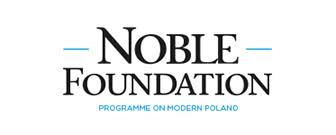 | 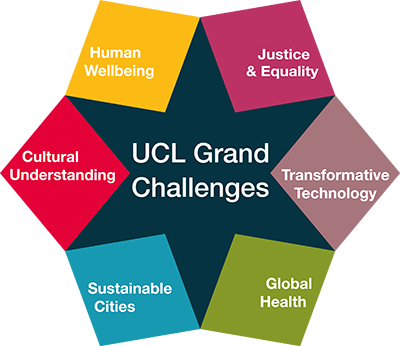 |
 Close
Close

